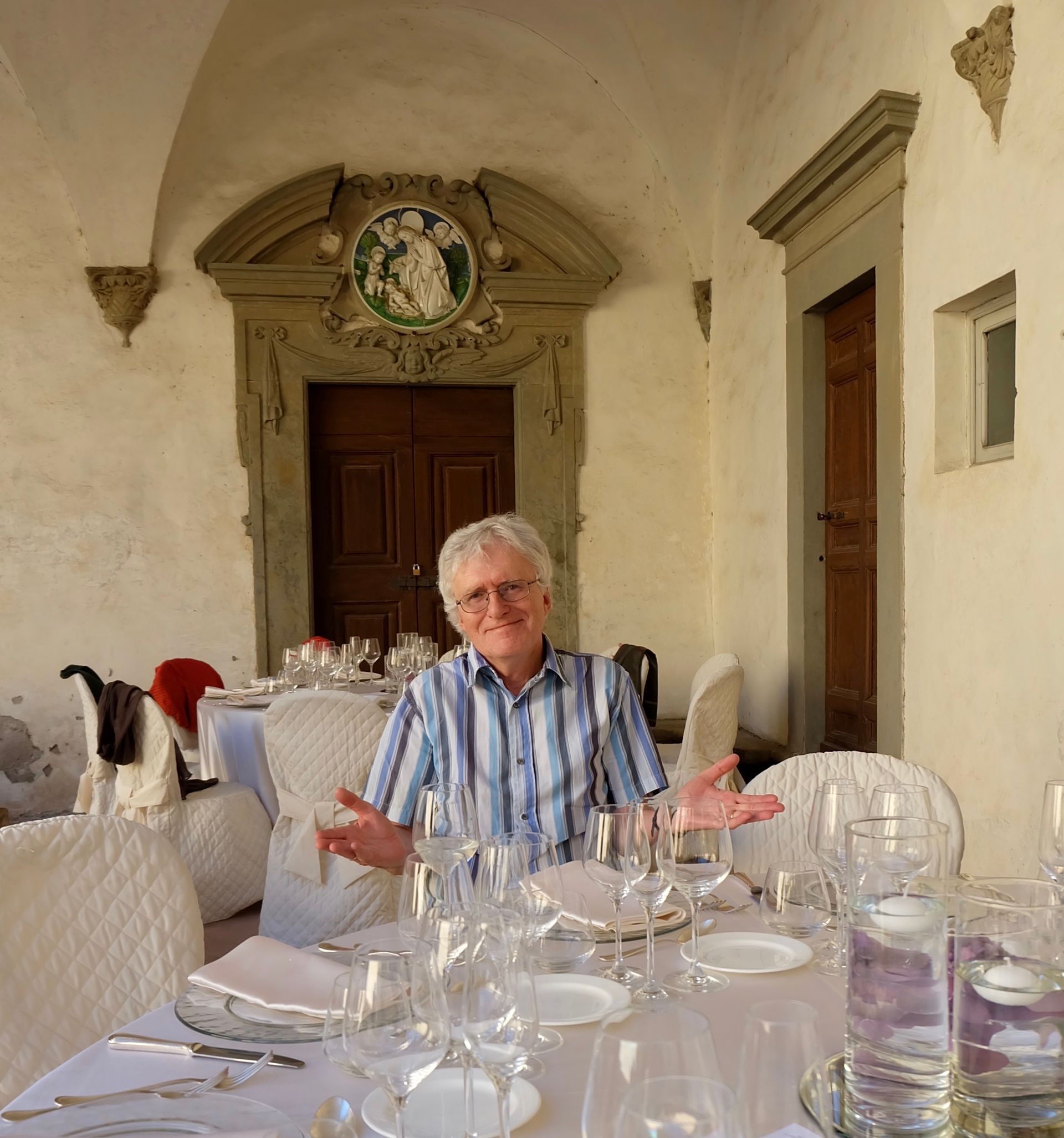Stuart Woolf’s career was notably European. Educated in England, he completed his doctorate at Oxford in 1960, entitled ‘The economy of certain Piedmontese noble families in the reign of Victor Amadeus II’. He was then appointed to Cambridge as a Fellow of Pembroke to teach Italian Studies. In 1965 he moved to the University of Reading where he established the Centre for the Advanced Study of Italian Society, attracting many Italian visitors, mostly scholars and public figures, to talk about their work; it quickly became the principal centre for modern Italian Studies in the UK.
In 1975 he became the first professor in history to be appointed at the University of Essex (his recollection of his years there can be seen in this
video interview). He remained at Essex until 1983 when he was appointed to the European University Institute in Florence where he stayed until 1993. He then became Professor of Contemporary History at Ca’ Foscari University of Venice, amongst other things creating a European Doctorate in the Social History of Europe and the Mediterranean. On retirement he was appointed Emeritus Professor, a fairly unusual practice in many Italian universities. In the course of his career he was also invited to take up visiting positions in universities in France, Spain, the USA and Australia (he gave talks at the Frederick May Foundation in Sydney in 1991 and 1995). Even this short resumé shows how highly valued he was by his peers, both as a scholar and as an initiator of new programmes.
To try to summarise here Stuart Woolf’s intellectual life, spanning such a wide range of topics, countries and centuries, would be more than foolhardy. The titles of his texts listed above indicate his major interests: the themes of early twentieth-century political life appear clearly, Fascism and nationalism in comparative perspective as the principal centres of concern, as seen by a historian rather than a social scientist (although his lists of references contain many contemporary social theorists, French in particular). If a general theme can be discerned, the sub-title of his
History of Italy 1700-1860 is useful: the ‘social constraints of political change’, an approach which enabled him to deal with the ways that political initiatives are encouraged or frustrated by features of the societies in which they have to be taken.
His high reputation among his peers was equally matched by the respect and admiration shown to him by young scholars and students. His interest was also in academic institutions, writing on doctorates in the UK, the power structures of universities in Italy, and the ways in which universities might currently be reformed. He was a man of exceptional intellectual generosity, offering advice and help, often unsolicited, to everyone who might benefit from it. He thus created an international network of young scholars who owe a very great deal to the combination of his energy and his concern to designate accurately, with craft and elegance, aspects of Italian society, assisted in many ways by his wife, Anna Debenedetti. As a sign of this concern, between 2008 and 2012 he gave a substantial part of his personal library to the Biblioteca di Area Umanistica of Ca’ Foscari, a donation of around four thousand volumes which included about a hundred rare books, produced between 1831 and 1889, and a large number of journals in Italian and English. His death is a real loss to anyone studying Italy.









